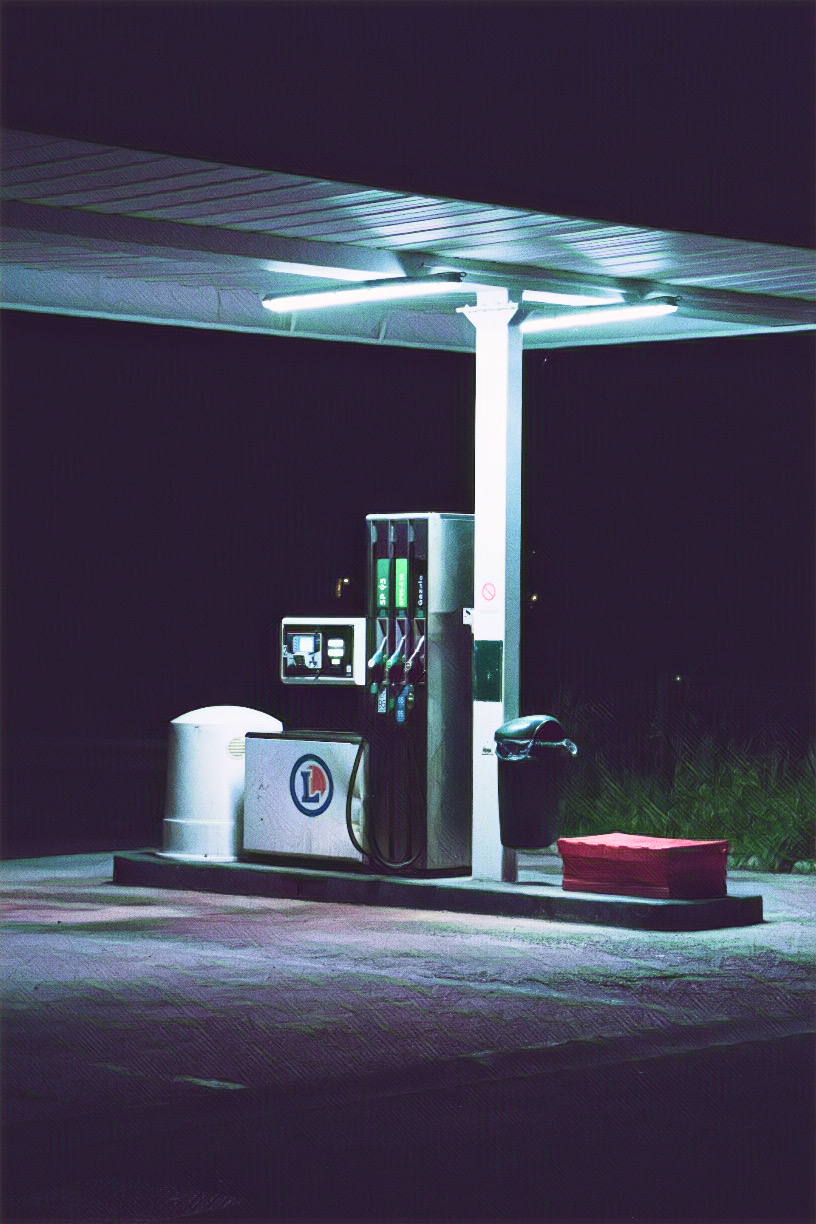In a stark reminder of the complexities of energy security, Ghana faces a significant setback as a gas supply shortage triggers a 550MW plunge in electricity generation, casting parts of the nation into darkness. The Electricity Company of Ghana (ECG), the primary distributor, has had to initiate power outages across various regions, adding a layer of hardship to everyday life in the West African country.
GRIDCo, the nation’s grid operator, acknowledged the gas supply constraints in the Tema enclave, contributing to the sharp decline in power output. However, the specifics of the disruption source remain undisclosed. The situation underscores Ghana’s reliance on gas imports, particularly from Nigeria, to supplement domestic production from fields like Atuabo and Sankofa Gye Nyame, vital for powering plants in both the western and eastern regions.
Industry insights obtained by energynewsafrica.com highlight that gas influx from Nigeria has dwindled recently due to diminished pressure. The domestic front isn’t faring any better. WAPCo, the transporter of gas from Atuabo and Jubilee to eastern territories, has halted operations. The reason? A backlog of unsettled debts by GNPC, the state corporation responsible for the gas and for whom WAPCo transports.
The financial specifics remain hazy, but this isn’t a first-time occurrence. A similar suspension happened back in July, owed to a staggering $13 million debt. Operations resumed only after GNPC and ECG scrambled resources to clear about $6.5 million, a partial repayment that seemed to promise reliability but has fallen short.
GRIDCo’s formal statement extended apologies to the populace, citing deep regret for the disruptions caused. Yet, beyond formalities, the scenario revives critical discussions around energy sustainability and highlights the urgency for diversified, reliable solutions.
The ongoing situation in Ghana mirrors a global challenge where energy supply chains are increasingly volatile. International news outlets report numerous countries facing similar crises, emphasizing the intricate dance between geopolitical relationships, economic health, and energy security.
For Ghana, a country lauded for its political stability and economic strides in recent years, the current power crisis serves as both a challenge and a call to action. It underscores the necessity for robust, self-sufficient energy strategies and perhaps a pivot towards renewable sources. After all, a nation’s progress is deeply intertwined with its power stability, and every crisis presents an opportunity for revolutionized change.
As the West African nation navigates through this period of literal darkness, the hope is for swift restoration coupled with long-term strategies. May the current challenges pave the way for a brighter, more sustainable future, ensuring that such outages become but a footnote in Ghana’s development story.



